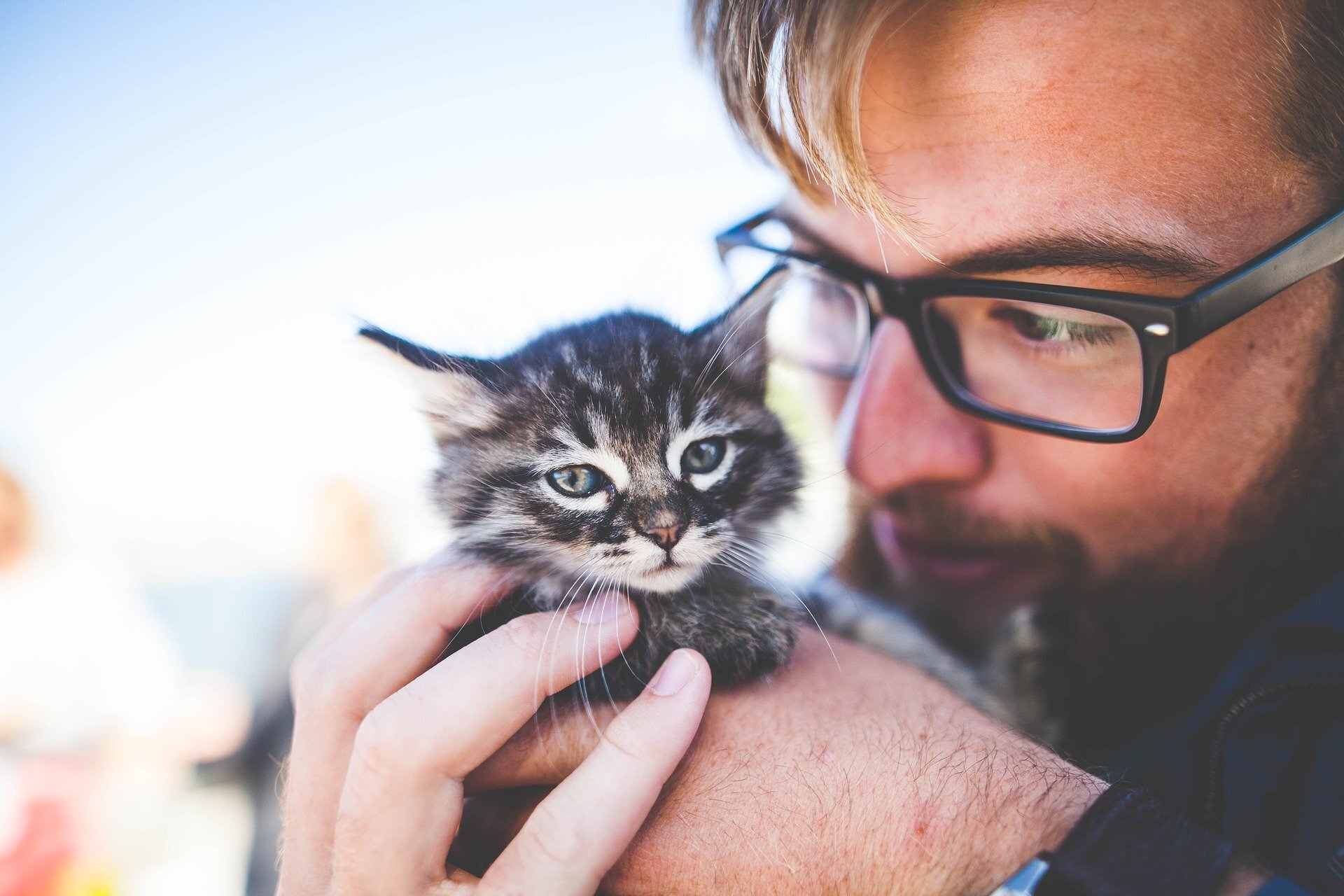Pet Insurance Guide for Cat Owners

Animal insurance is prevalent now, and for a good reason. Pet owners are spending more on their pets than ever before. According to American Pet Products Association, there was a 19.42% increase in spending between 2020 and 2021, the most significant increase since at least 2018. We benefit from health insurance when we get sick or hurt, and if you look into pet insurance for cats, you can save on vet bills too. Continue reading for helpful tips to select the right plan for your cat!
Are you concerned about your pet?
Book a video consultation with an experienced veterinarian within minutes.
- Professional vet advice online
- Low-cost video vet consultations
- Open 24 hours a day, 365 days a year
Cat Health Insurance
Cat medical insurance – a good idea?
Yes!
Cat health insurance plans can cover preventative medicine, including physical exams, vaccines, fecal exams, and spay/neuter surgery. Medical insurance plans can also cover unexpected fees like x-rays, ultrasounds, and even emergency surgery. Prepare ahead of time because your cats or kittens can get injured by:
- Running into something
- Jumping off of tall furniture
- Getting hit by a car
Everyday activities gone wrong can cost thousands of dollars to treat. Emergency clinics stay open for our convenience, but that relief means a lot of overhead and a higher price tag for you and your pets. Eye injuries, back injuries, and knee injuries may require a visit to an emergency vet for:
- An exam
- Sedation
- X-rays
- Blood work
- IV catheter
- Fluids
- IV antibiotics
- Hospitalization
- Surgery
- Bandages
- Pain medication
- Injectable anti-inflammatory drugs
- Oral pain medication to go home
- Oral anti-inflammatory medication to go home
- Oral antibiotics to go home
And this is just to get started! The more extreme the injury, the higher the cost.
Kitten Insurance
Kitten insurance plans can take care of the first and usually the most expensive year of a kitten's life because of:
- Physical exams
- Multiple rounds of vaccines
- Several fecal exams
- Spay/neuter
- Pain medication
- Injectable anti-inflammatory medication
- Oral pain medication
- Oral anti-inflammatory medication
- E-collar
Cat Breeds with Higher Instances of Health Concerns
Certain breeds of cats like Bengals are adorable because of their tiger-like markings, but they can have health concerns like PRA or progressive retinal atrophy. This is a hereditary condition that is untreatable and causes progressive blindness. Bengals can also have joint problems such as hip dysplasia and dislocated knees.
Ragdolls are beautiful long-haired limp rags in your arms, hence the name. Unfortunately, they can suffer from urinary tract diseases and HCM (hypertrophic cardiomyopathy). HCM causes the heart's walls to thicken, which decreases its efficiency.
Siamese cats are very talkative, with gorgeous markings and stunning almond-shaped blue eyes. This breed also suffers from PRA, like Bengals. Siamese also have higher incidences of respiratory problems, including asthma and lung cancer.
Pre-Existing Conditions
Pre-existing conditions like cancer, respiratory issues, and hip dysplasia are often not covered under most cat insurance plans, leaving the owner to cover the costs. Before getting a particular breed, familiarize yourself with the breed's pre-existing conditions to prepare well in advance for the additional costs involved.
Most pet insurance plans require a 14 to 30-day waiting period where your pet isn't covered for illness, injury, or even wellness visits.

Animal Insurance Coverage
Cat health insurance allows you to keep your cat's health in tip-top shape because it covers many things you need.
The Basics
- Wellness visits include annual exams, preventative care, vaccines, and microchips.
- Diagnostic tests like blood work, urinalysis, fecal exams, blood pressure, and blood glucose are excellent proactive measures in your cat's health care. Prevent long-term problems by finding abnormalities quickly and lowering the cost of your cat's treatment.
- Your cat's healthcare may include imaging like x-rays, ultrasound, CTs, and MRIs.
- Surgeries like mass removals, spays, and neuters
- Dentals include routine scaling, polishing, and dental x-rays to see tooth fractures and abscesses below the gumline.
- Prescriptions like food, medications, and supplements
Beyond the Basics
- Accidents/injuries such as lacerations, foreign bodies, torn ligaments, bite wounds, and broken bones
- Illnesses including gastrointestinal issues, ingestion of toxins, and infections
- Chronic conditions like diabetes (testing, insulin, glucose curves, fructosamine), kidney disease, and obesity
- Behavioral issues like marking, excessive licking, and aggression
- Specialties like cardiology, neurology, ophthalmology, oncology, dermatology, and surgery
- Alternative medicine includes cold laser therapy, acupuncture, rehabilitation, and hydrotherapy
Do I need insurance for my cat?
Veterinary medicine has many fantastic primary options and extensive therapies and treatments to care for your cat. Pet health insurance means you never have to worry about the cost of choosing the best options. It's less expensive than out-of-pocket costs and allows you to be proactive about your cat's health.
Read more:
Microchip FAQ: Everything you need to know about microchipping your pet
Ask a Vet: 10 Important Questions to Ask at Your Next Vet Visit
Need to speak with a veterinarian regarding your cat’s medical insurance or another condition?
Click here to schedule a video consult to speak to one of our vets. You can also download the FirstVet app from the Apple App Store and Google Play Stores.
More articles about Cat
Are you concerned about your pet?
Book a video consultation with an experienced veterinarian within minutes.